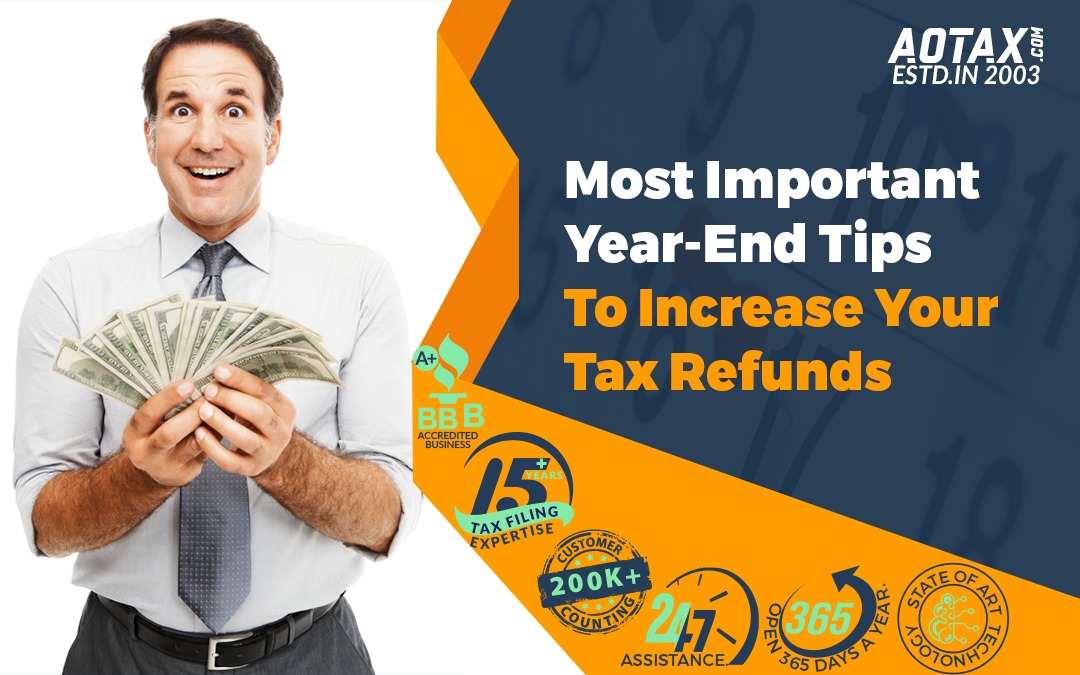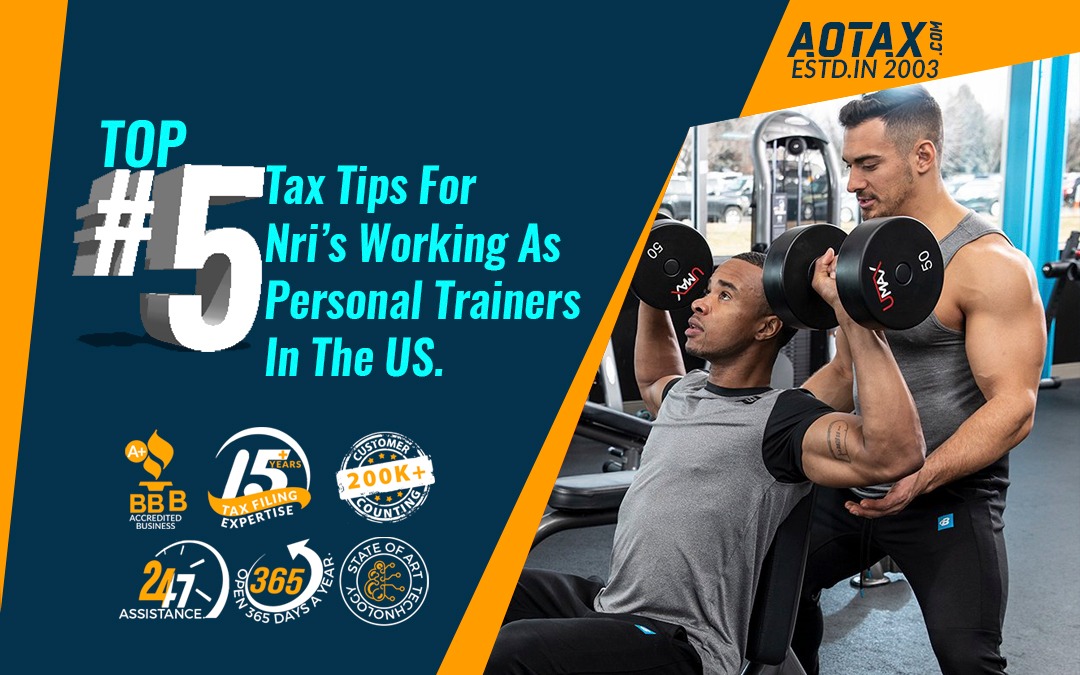
5 reasons to opt for a professional to file your taxes
5 reasons to opt for a professional to file your taxes
Doing taxes on your own can be overwhelming, to say the least. You must consider the W-2, deductions, write-offs, maybe a collection of 1099s to take care of, etc. This can even more overwhelming considering the fact that you still have a job at hand and several other life decisions. Is there an easy way out? Well, you must file your taxes, there are no shortcuts in that. However, to make your life a bit easier, you can opt for a professional to file your taxes instead.
Here are some of the prominent reasons why you should opt for a professional to file your taxes.
- Freelancing or side business
The Tax Cuts and Jobs Act introduced recently brings about a lot of changes to the tax regime. If you hold a regular job and have a side hustle along with it, getting professional help for your taxes might be your best bet. People who run businesses are more likely to be put into the 20 percent deduction bracket. Freelancers and people owning businesses might find it a bit difficult to do their taxes on their own.
- Property Flip
On paper the only two documents that you would need to file for taxes if you have flipped a house are 1098 and 1099-S. However, it is not as straightforward as it might sound. Between the buying and selling of a house, there are a number of transactions that can take place. Opting for professional help in such cases is a smarter choice.
- Life Changing Events
The occurrence of a life changing event can bring in a myriad of emotions to the table. Life changing events can include graduation, marriage, the birth of a child, divorce, moving on, losing a job or starting with a new one, etc. Such occurrences can complicate your taxes. For starters, it chances your status of filing along with many other things. You must look at different tax benefits, tax credits, etc. to minimize your tax liabilities and to maximize your returns. If you do not want to be bogged down by these complexities, you can take the help of professionals to do your taxes.
- Student Loans
The equation changes a bit if either you or your spouse has a student loan to take care of. One of the biggest benefits of filing your taxes with the married filing jointly status is that you can expect the lowest tax liabilities. The taxes that you would have to pay individuals would easily overshadow the ones that you would pay with married filing jointly status. And the repayment schedule of student loans depends on the monthly income of the borrower. In certain cases, repaying your student loan on your own can be more beneficial than doing it together. Getting in touch with a professional will help you get over some of these conundrums.
- Adopting a Child
As noble as the thought of adopting a child is, there are several tax benefits also associated with it. There are quite a few tax incentives for adoption along with tax credits. A sit down with your tax professional will help you make the most of the tax credits available. The downside being, there are higher chances of your taxes being audited. This makes it even more essential to work your taxes out with a professional, to ensure there are no gaps that the IRS can find.
The above are some common scenarios where the need for a tax professional is accentuated. If you have even the slightest of the doubts, do not hesitate to contact one.






Recent Comments